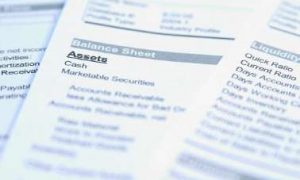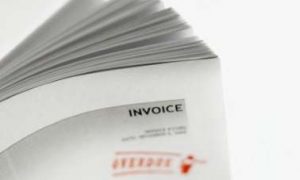Setbacks are bound to happen at one time or another, rendering our businesses vulnerable. While they can be challenging and disorienting, they also present a powerful opportunity to bounce back, with newfound perspective and wisdom.
The 4 Most Common Business Setbacks and How to Recover







